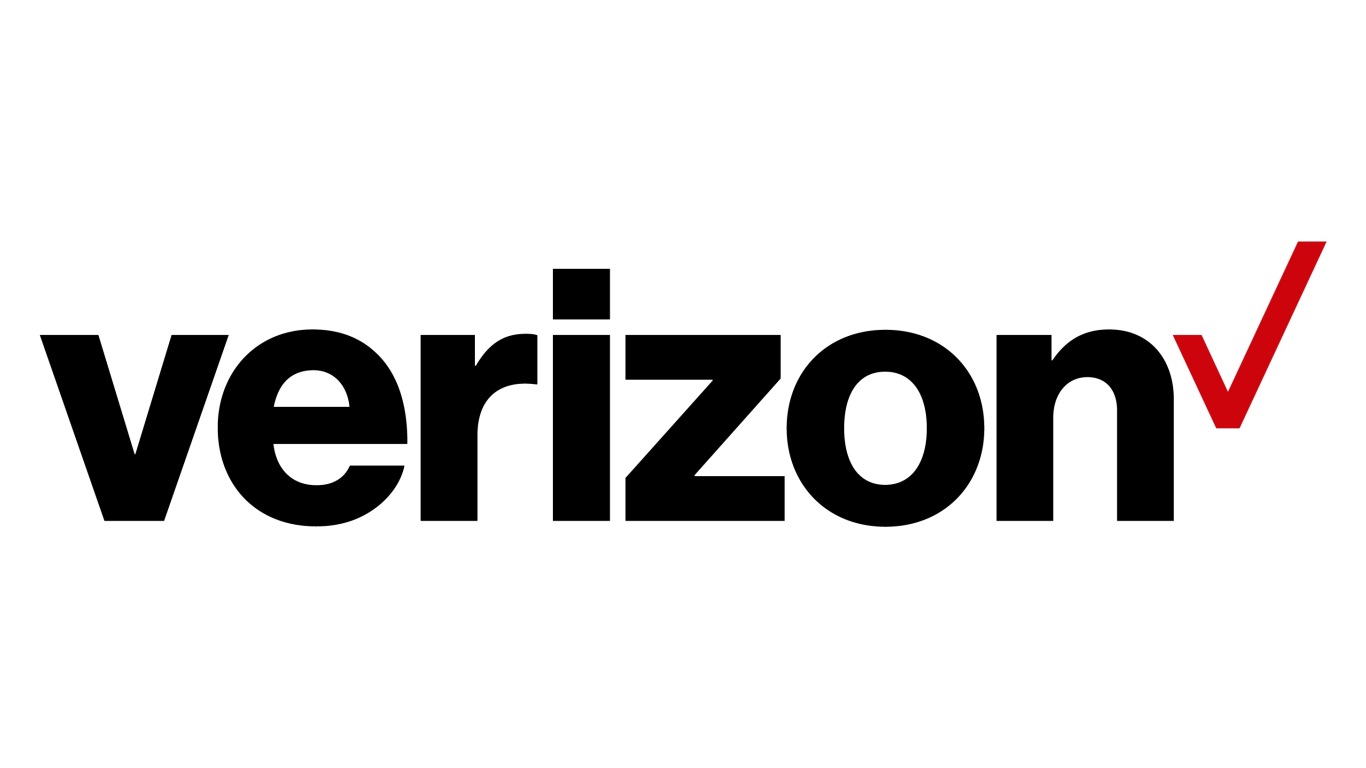Telecom & Wireless
Has Verizon Just Fired the Shot Heard 'Round the Pay-TV Industry?

Published:
Last Updated:

For a new pricing plan that Verizon Communications Inc. (NYSE: VZ) claims will put “an end to traditional [cable and satellite] bundle” contracts, “Mix & Match on Fios” seems like a pretty lame moniker. Maybe that’s because the plan is not as revolutionary as the company wants consumers to believe.
Rather than taking dead aim at the traditional cable and satellite bundles of hundreds of channels, Mix & Match targets the “triple-play” offers that pay-TV providers now offer: landline phone, pay TV and internet service. What consumers like least about the triple-play bundles is paying for channels they don’t want and never watch. Changes to that aspect of bundling are minimal under the new Verizon plan.
The company is offering three plans ranging in price from $39.99 a month to $79.99 a month. The cheapest offers 100 Mbps download speeds, the mid-price plan offers 300 Mbps speed for $59.95 a month and the gigabit plan costs $79.99 a month, including the home router rental fee of $15 a month that is not included in the other two plans. New subscribers to the gigabit plan also get a $100 prepaid Visa card and a year of Disney+ if they also sign up for any internet plan.
So far, pretty good. Then it gets complicated. YouTube TV, free for the first month, costs $49.99 a month. YouTube provides more than 70 channels of live TV, including local news and sports. Verizon also offers other Fios TV plans, including a “test drive” of the more than 425 channels available for 60 days, after which Verizon will “recommend the best plan for you” for $50 a month. Also priced at $50 is the Fios option that lets customers choose five out of more than 125 channels, after which Verizon picks a plan based on those preferences. Plans are also available that include some 300 channels ($70 a month) or all 425+ channels for $90 a month.
The Home phone analog telephone adapter converts a wireline phone to a wireless service. Under the Mix & Match program that costs $20 a month.
What makes all this different from the triple-play bundles is that customers don’t have to take the phone part of the bundle. Otherwise, it looks quite similar to various other bundling plans from the pay-TV companies.
In the latest American Customer Satisfaction Index (ACSI) survey, cable and satellite subscription services posted an average index score of 62 (out of a possible 100) in 2019, unchanged from 2018. Since 2001, these subscription services have scored a high of 68 (2013) and a low of 61 (2002 through 2005). No aspect of these services improved year over year.
The overall average ACSI index score for internet service providers was 62, unchanged year over year, and a low since ACSI began tracking customer satisfaction in the industry in 2013. Because the cable TV industry is also the leading provider of broadband internet service, it’s no surprise that the scores for the two services match.
When ACSI matched Fios and AT&T’s U-verse against traditional cable and satellite services, both scored better than the traditional services with index scores of 68 and 69, respectively, while Comcast’s Xfinity scored a middling 57 and Altice (Optimum) posted a 61. Both major satellite providers, Dish Network (67) and DirecTV (66), scored better than any cable service.
For Verizon, customer dissatisfaction with its Fios video product translated into a loss of 67,000 subscribers in the third quarter of 2019. The company added 30,000 Fios internet customers.
Verizon is getting a clear message from customers that business under the old pay-TV rules doesn’t work well these days. The company’s Mix & Match program may give it a slight edge with consumers. On the whole, however, it’s a modest change and does not threaten to put an end to bundle contracts. Mix & Match does eliminate the discount for buying a triple- or double-play contract with a pay-TV service and does not charge fees for broadcast or regional sports networks.
What could be a bigger difference-maker for Verizon this year is its deal with Disney to offer the new Disney+ streaming service to its Fios offerings.
Verizon stock traded basically flat just after noon Thursday, at $59.06 in a 52-week range of $52.28 to $62.22. The stock’s 12-month consensus price target is $61.61.
The last few years made people forget how much banks and CD’s can pay. Meanwhile, interest rates have spiked and many can afford to pay you much more, but most are keeping yields low and hoping you won’t notice.
But there is good news. To win qualified customers, some accounts are paying almost 10x the national average! That’s an incredible way to keep your money safe and earn more at the same time. Our top pick for high yield savings accounts includes other benefits as well. You can earn up to 3.80% with a Checking & Savings Account today Sign up and get up to $300 with direct deposit. No account fees. FDIC Insured.
Click here to see how much more you could be earning on your savings today. It takes just a few minutes to open an account to make your money work for you.
Thank you for reading! Have some feedback for us?
Contact the 24/7 Wall St. editorial team.